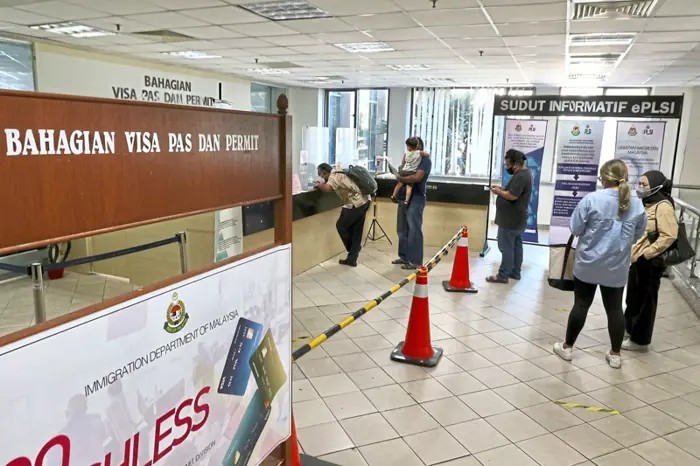
Johor business groups appeal for gradual implementation and by industry
THE business community is hoping for flexibility in the government’s implementation of the 2% Employees Provident Fund (EPF) contribution for foreign workers.
Muar Furniture Association president Steve Ong said the ruling would further burden small and medium-sized enterprises (SMEs) which were still struggling following the Covid-19 pandemic.
He said the furniture industry was facing myriad challenges.
“Introducing a mandatory EPF contribution for foreign workers on top of the pending electricity tariff hike and minimum wage increase to RM1,700 will add to our operating costs.”
He said that although the business community understood the intentions behind the requirement, its implementation would threaten the survival of SMEs.
“We hope the government can reconsider as the furniture industry relies heavily on foreign labour,” Ong said.
Employers were also still unclear about the mechanism of the EPF contribution, said Chong Khai Siang, president of Johor-based Boss Club of Malaysia which represents business owners in industries such as agriculture and food and beverage.
“We are not against the decision but we hope it will be implemented gradually and by industry.
“This will offer some breathing room so businesses can factor in the costs, especially those dealing with exports.”
He said this was because businesses would have signed contracts ranging from six months to a year with their buyers.
“We also suggest incentives or rebates for critical industries that utilise a lot of foreign labour,” he added.
Chong further proposed that the government continue having dialogues with the business community to understand the challenges of implementing these policies.
Chong said businesses were already subjected to a lot of compliance costs to hire foreign workers.
These, he said, included costs related to levies, minimum wage requirements, medical checks, and accommodation.
He expressed concern that if not implemented well, the EPF contribution policy could affect Malaysia’s competitiveness, with multinational companies choosing to move to neighbouring countries.
On Feb 3, Prime Minister Datuk Seri Anwar Ibrahim said that the mandatory EPF contribution for foreign workers was to be set at 2% but must be implemented.
He had said that the initial Cabinet proposal was at 12% but with the consideration of the business chambers, it would be capped at 2%.
Human Resources Minister Steven Sim said the 2% rate was for both employees and employers.
He said a Bill to amend the EPF Act would be tabled in the Dewan Rakyat.
Source: https://www.thestar.com.my/metro/metro-news/2025/02/21/epf-for-foreign-workers-burdensome-to-smes

